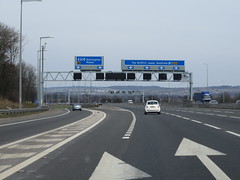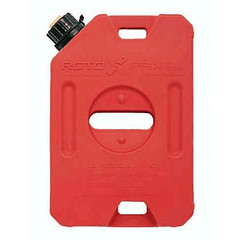![]()
![]()
![]()
Use LEFT and RIGHT arrow keys to navigate between flashcards;
Use UP and DOWN arrow keys to flip the card;
H to show hint;
A reads text to speech;
9 Cards in this Set
- Front
- Back
|
What is the benefit of having an Economy of Scale?
|
A firm manufacturing on a large scale benefits from being able to reduce Average Costs as the costs are spread over a larger supply.
|
|
|
Name 4 Economies of Scale and describe each.
|
Bulk buying - Buying in bulk means the T.C is being spread over a larger number of goods. This can be because the transport and packaging costs have been discounted because of a large order. This is why supermarkets are able to have lower prices than a small corner store. Supermarkets buy in bulk and then can receive discount on the T.C. This discount can then be passed onto the customer.
Financial - Easier to get a loan from a bank. A bigger firm is able to get better interest rates than smaller firms as the larger firm is more trusted. Managerial - Employ specialist staff e.g accountants Diversify - Sell a range of products. This reduces the risk of failure. If 1 area fails, another area will be able to make up for its loses. This is because all the eggs aren't in 1 basket. Advertisement - large firms with many stores spread around the country benefit from national advertisement because the stores are easily accessible. A small scale firm with one store will be wasting their money if they advertise on a national scale as they aren't as accessible. Mass production - helps spread A.C |
|
|
Describe what is meant by "External Economies of Scale."
|
External - outside firms
Economies of Scale - cost advantages/ efficiencies |
|
|
Name 3 External Economies of Scale.
|

College/University - who do courses which are relevant to your company
Improved Infrastructure - means transporting is more cost effective or your work force is more skilled. E.g Motorways, harbours, airports, schools, hospitals |
|
|
Describe what is meant by "Diseconomies of Scale."
|
Problems faced by companies as they get to large.
|
|
|
Name 4 Diseconomies of Scales.
|
Lose touch with customers
Managers lose touch with workers General communication break downs as the company is so large Too many layers of management Poor communication between managers Slow decision making Service departments grow but don't contribute to the acutal growth of the company e.g human resources Technical diseconomies - processes that areunstable beyond a certain age |
|
|
What is "Labour Intensive"?
|

When a firm has more workers on the production line than machines. Labour intensive is cheap easy to maintain and doesn't effect the enviroment.
|
|
|
What is "Capital Intensive"?
|

When a firm is using more machines to make an input on supply than workers. Capital Intensive is expensive, difficult to maintain, does effect the enviroment but produces quality products 24/7.
|
|
|
What is "Productivity"?
|

Productivity (efficiency) is output per labour/working hour. It is how efficiently a product has been produced. It is similar to 'miles per gallon.' Shows how efficiently the fuel is being used.
|

